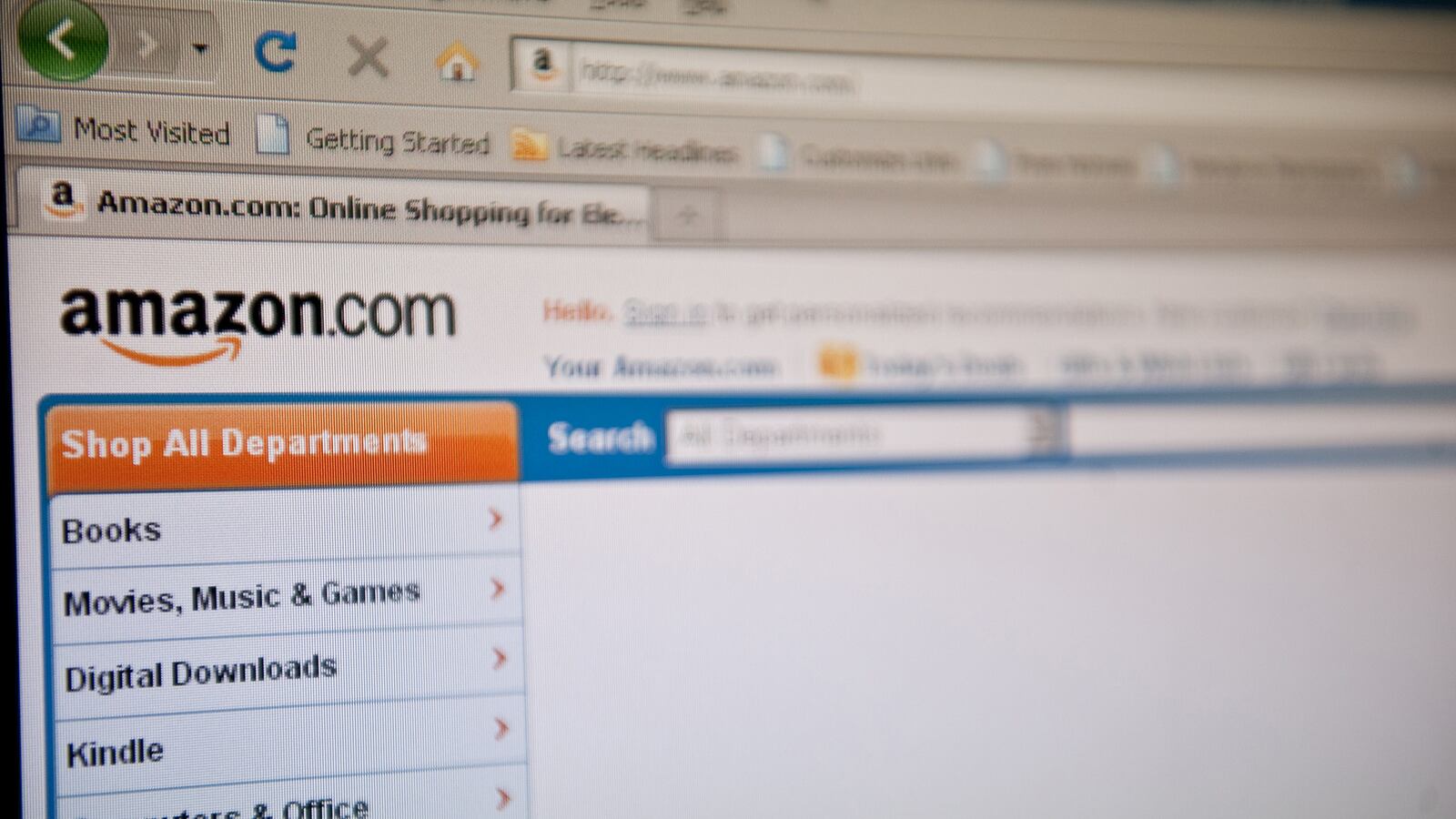
Remember Webvan? The groundbreaking Internet grocery business flew high in the dot-com boom, then imploded in 2001. That was 12 years ago.
Twelve years is four generations in Internet years.
Since that initial debacle, local companies such as Fresh Direct and national chains including Safeway have made headway delivering fresh produce, milk, meat and other products ordered online.
Now, the 800-pound gorilla of Internet retail is expanding in the business.

Amazon.com, which has been providing grocery delivery in its own backyard of Seattle for six years, recently expanded into parts of Los Angeles. AmazonFresh is available only to Amazon Prime members in LA at a cost of $299 a year after a free trial.
Kate Wendt, an analyst at Wells Fargo, thinks that high price may be intentional.
"This is definitely a business ... where you don't want to start out from day one with a huge amount of volume," she told CNBC. "You really want to make sure that you can work out the kinks and deliver a great experience so you don't have a high customer attrition rate."
Amazon wouldn't comment on its expansion plans, but CNBC tested the service, ordering about $40 worth of groceries to be delivered the following morning between 7 and 8. The bright-green AmazonFresh food truck arrived at 7:51, and the delivery person, Raul Ruiz, said it was his 14th stop so far that day.
"I am extremely busy," he said.
Will Amazon deliver the bacon?
Amazon prepares to report earnings after the bell but CNBC's Jane Wells is following a potential launch of something that may be very big for the retail giant.
Wal-Mart has tested grocery deliveries in the Bay Area since 2010 but has yet to expand it.
It's not clear if Amazon is making money on its grocery ventures, but that might not be the point.
"If AMZN produces break-even results on AmazonFresh but in the process convinces consumers to transfer a larger portion of purchases online ... AMZN's investment in Grocery would be a success," Barclays said.
Yummy.com has been delivering groceries in parts of Los Angeles for a decade, and the company just opened a fourth store in the Silver Lake neighborhood. CEO Barnaby Montgomery said his business caters to millennials, or "millennial-minded customers."
Yummy guarantees delivery within 30 minutes of ordering with a $3.99 delivery charge, a feat Amazon cannot match. But Montgomery said every grocery chain needs to keep an eye on what the Internet giant is doing.
"If they ignore the threat of Amazon and AmazonFresh, it's not that they're going to lose 50 percent of their sales. It's that they risk losing the 5 to 10 percent of their sales that makes them profitable," he said.
Amazon's stock is in the green, despite a surprising quarterly loss. Are investors going to stand by Jeff Bezos and his vision for expansion? Brian Cooley of CNET weighs in.
Last year, Amazon agreed to start collecting sales taxes in California. In exchange, the company began building distribution centers in the Golden State, making it easier to get fresh food to customers quickly.
Amazon's grocery prices aren't necessarily cheap. Prices are comparable to those of Wal-Mart's online lineup, though generally a little higher. One advantage both companies have is their ability to include other merchandise from their websites in grocery orders.
Still, even more than a decade after Webvan, as people now have broadband connections and smartphones and are more comfortable about using credit cards online, the grocery business is still tough.
"Safeway.com has had limited success so far, and a lot of other grocers have tried it and subsequently gotten out of it," Wendt said. "Amazon is a company that's perfectly happy to operate at slim operating margins. They really want to drive volume and drive market share and make customers happy."
Wendt estimates that online groceries could grow from two percent of the $650 billion grocery business to ten percent. "If you think about a $650 billion market, 10 percent of that is $65 billion," said Wendt. "That piece alone would be one of the biggest categories in retail."
And whatever happened to Webvan? Amazon bought the domain name and uses it to sell nonperishable items.






